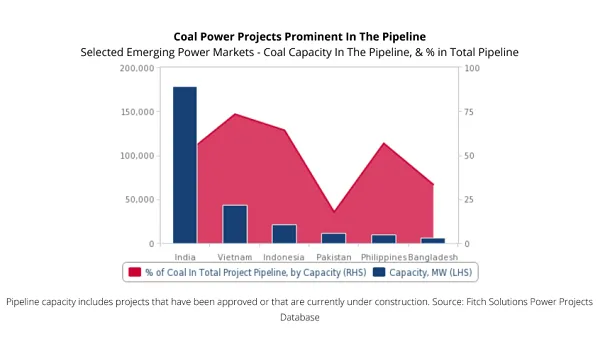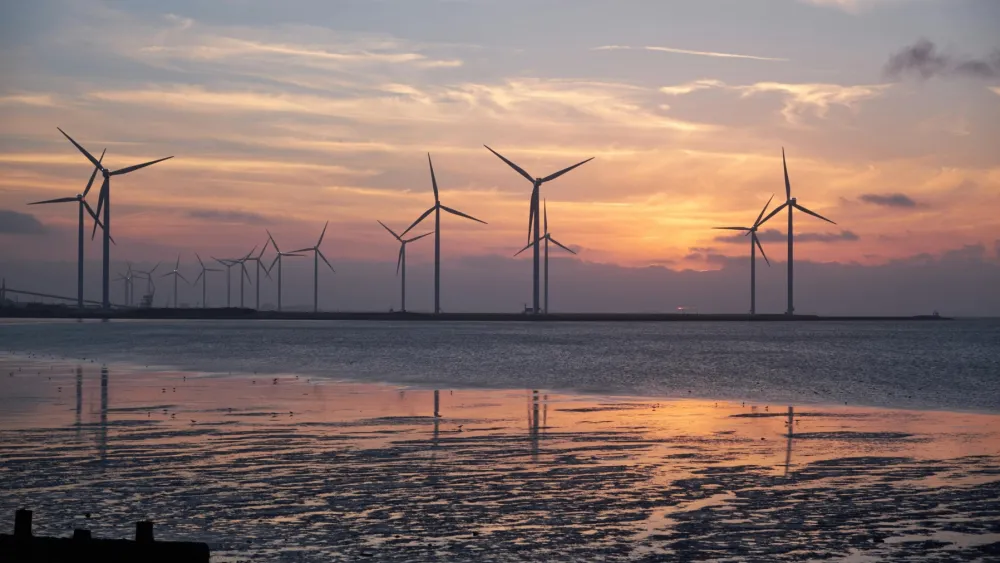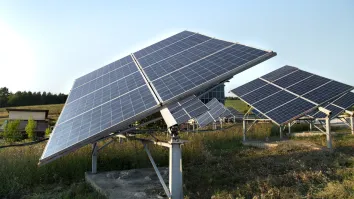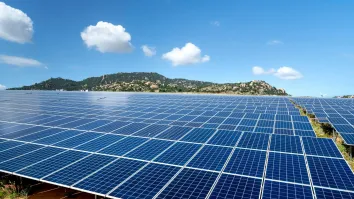
Coal tipped to stay in Asia despite weakening Japan support
The tighter coal financing policies announced by Japanese banks still offer loopholes.
Coal is still expected to remain a key power generation source in multiple emerging markets across Asia over the coming decade despite the increasing shift away from coal financing in Japan, one of the largest coal financiers across the globe, according to Fitch Solutions.
Following increasing criticism, the country’s environmental minister promised to review its coal financing and export policies by the end of June. Across April, major Japanese banks, including Mizuho, Sumitomo Mitsui, and Mitsubishi UFJ (MUFG) have announced tighter coal financing policies.
However, there still remains continued access to financing sources, as these banks’ existing policies granted broad exemptions with loopholes that could be leveraged on to obtain funding for certain projects.
In particular, all three banks are still allowing projects that have already been “committed” before these policies take effect, those that use “more effective” technologies, and those that are deemed necessary based on the “circumstances of host countries."
“As such, financing toward more efficient coal-powered projects might still be justified in markets with surging power demand growth and threats of power shortages,” Fitch noted.
Further, funding from Chinese and South Korean banks are still tipped to remain largely forthcoming, as both markets aim to generate external demand for coal power equipment through the use of their respective export credit agencies.
“As such, an ongoing coal-fired growth will remain largely dependent on the individual recipient market’s commitment into the fuel source. We stress that coal remains the most practical means to stimulate affordable electricity generation growth at the pace and scale needed by many emerging markets, particularly as power demand is expected to surge,” Fitch added.
Further, many governments have expressed that there is still a continued need for coal for energy security and to support rapid economic growth, the report noted.
For instance, Vietnam has recently suggested scaling down the share of coal, but the government initially had a coal capacity target of 106GW by 2025, more than 16GW of coal power plants under construction, and another 29GW under pre-construction stages.
Still, coal is still expected to see a decline in the longer term, with the current batch of projects likely to be amongst the last wave, as the sector faces systemic risks to its sustainability beyond the next decade.
Fitch believes that the growing environmental awareness will lead to a shift away from coal, through public pressure on coal lenders, increasing opposition to coal projects that will lead to weakened investor sentiment, an increasing consumer focus toward ESG policies, and an increased ability for governments to afford alternatives.



















 Advertise
Advertise







